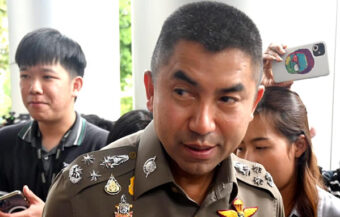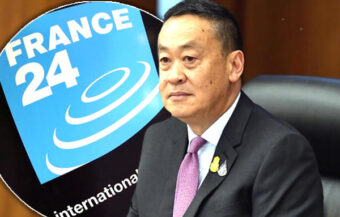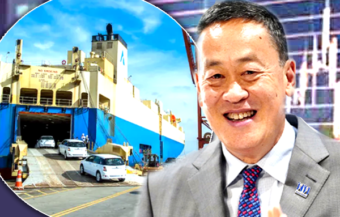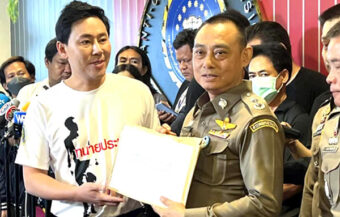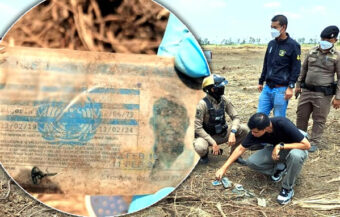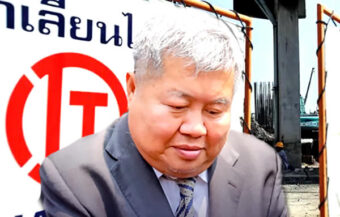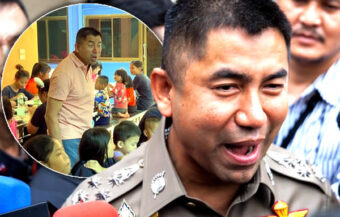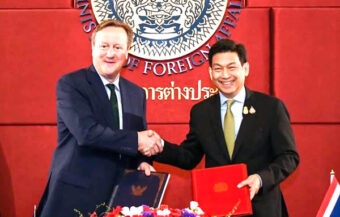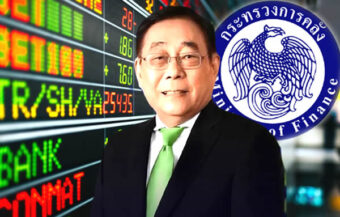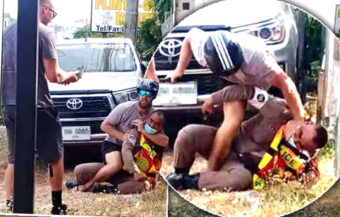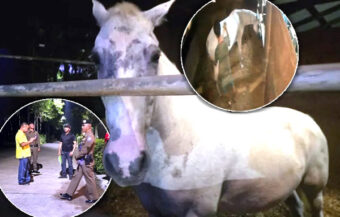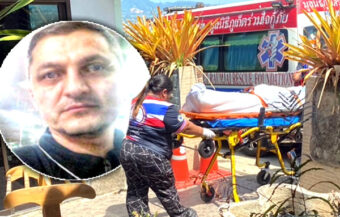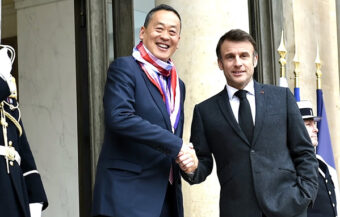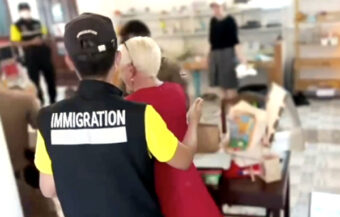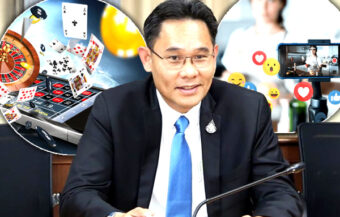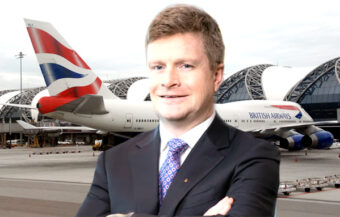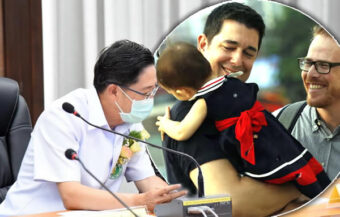As a controlled debate plays out in Thailand over proposals by a committee set up the military junta for a new constitution or charter for the country, which will be voted on August 7th 2016.
it has now emerged that senior army generals wish to automatically become members of the unelected Senate or upper house of parliament.
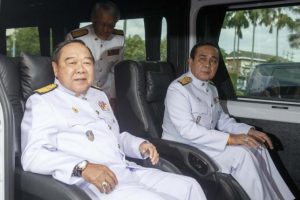
The proposals put forward by the National Council for Peace and Order in the middle of March provide for provisions specifying that Thailand’s military Generals and the Head of Police should become ex officio Senate members.
Proposal for military chiefs to be ex officio Thai Senate members
The proposal was reported by Thailand’s Public Broadcasting Service (PBS) and was expanded by comments in Thailand’s leading English language newspaper the Bangkok Post where junta member General Prawit Wongsuwan suggested that military leaders as part of the Senate would be a key factor in helping to prevent future coups in Thailand. He explained: ‘MPs can explain to those military commanders about the administration of their parties,’ General Prawit said: ‘We want to do this for only a period of 5 years for the most effective and transparent transition and for our future.’
PM refuses to speculate on rejection of the charter
Thailand’s current Prime Minister and former military chief refused to comment on what might happen if the proposed new charter or constitution is rejected by the public in August. In other statements, the General has called for a constructive and respectful debate on the proposals which have been met with some opposition.
One of the key unknowns is what will happen if the charter is rejected in August even as the junta has promised elections in mid-2017.
Prime Minister General Prayuth Chan Ocha has categorically refused to speculate on this matter.
Comparisons between Thailand to Myanmar
The suggestion comes, ironically, in the week after the parliament of Myanmar has elected, for the first time, a democratically elected President coming to power in a parliamentary session at the country’s purpose-built capital city Naypyidaw. Many commentators have compared the plight of Thailand and Myanmar as each country struggles to find a suitable democratic system to ensure political stability.
The Thai Prime Minister General Prayuth Chan Ocha this week, along with other world leaders, congratulated Myanmar whose new constitution also provides for automatic seats for members of the military although on a vaster scale and including positions in the cabinet. ‘Thai Myanmar relations are always good regardless of the civilian or military government,’ the Thai leader told the media
Polls show public lack of understanding of the proposed new charter among the public who will vote
Polls conducted in Thailand in February showed that the public is uncertain about the content or terms of the proposed new charter. 61% of those who responded to a poll conducted by Bangkok Poll, a research arm of Bangkok University, said that they had no understanding of the matter.
91% said that they would welcome expert opinion on the proposal. Significantly nearly 61% seem to agree with the proposition that politicians or political parties should have less power.
The new charter is seen by many observers as diluting the power of political parties in Thailand and strengthening the powers of overseeing agencies to prevent abuse and corruption. The new charter is also seen as a bulwark against political power being leveraged through populist policies.
Election Commission organising controlled debate
Meanwhile, Thailand’s Election Commission has announced plans for TV studio debates which will be held to inform the public. The debates will be pre-recorded to prevent abuse or defamatory content.
The TV studio debates are being organised as a forum to debate the merits of the new charter. A spokesman for Thailand’s Election Commission warned the public about efforts to organise an uncontrolled public debate.
Thailand’s current military regime has placed a restriction on political activities since the coup in 2014 to restore order in the country following years of political turmoil Somchai Srisutthiyakorn this week said: ‘If everything goes as planned, the forum to be provided by the Election Commission will be an open forum for all sides to equally express their views,’ he said.
Those wishing to take part must apply and register with the commission in groups of not less than 15 people. The debate will be organised around key issues and topics of concern to the public, the Commissioner indicated.
The programs will be pre-recorded and edited for content, Somchai said, but only to remove any offensive or defamatory statements. He was categorical that this process would not be used to control or influence the substance of the debate: ‘Let me insist that there will be no such editing that will be done to benefit a particular side,’ he said.
Join the Thai News forum, follow Thai Examiner on Facebook here
Receive all our stories as they come out on Telegram here
Follow Thai Examiner here
Further reading:
Thai PM announces economic boost as Thailand’s economy faces headwinds



